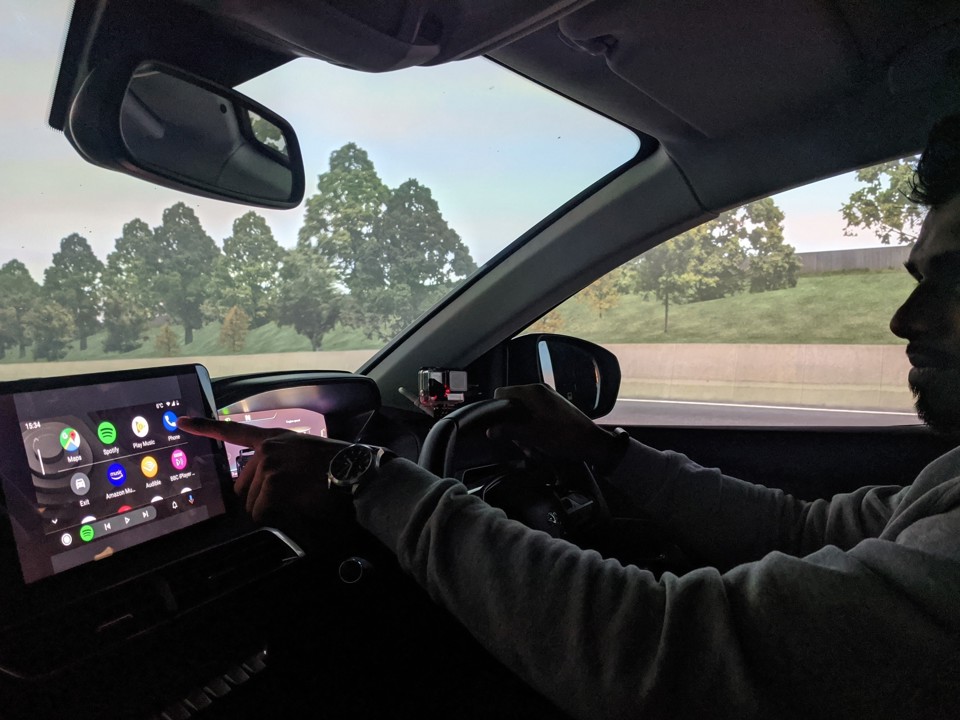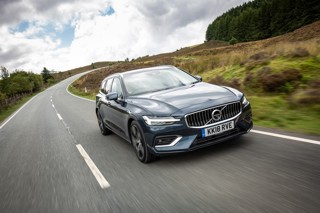A new study has revealed that in-vehicle infotainment systems are impairing reactions times behind the wheel more than alcohol and cannabis use.
Stopping distances, lane control and response to external stimuli were all negatively affected by the use of Android Auto and Apple CarPlay in a new study by TRL and IAM Roadsmart.
Among the results, the study found that reaction times at motorway speeds increased average stopping distances to between four and five car lengths.
The study also found that drivers took their eyes off the road for as long as 16 seconds while driving (equivalent to a distance of more than 500 metres at 70 mph), and using touch control resulted in reaction times that were even worse than texting while driving.
Neil Greig, policy and research director at IAM RoadSmart, said: “Driver distraction is estimated to be a factor in around a third of all road collisions in Europe each year.
“While previous research indicates that Apple CarPlay and Android Auto perform better than more traditional buttons and controls, the results from this latest study raise some serious concerns about the development and use of the latest in-vehicle infotainment systems. Anything that distracts a driver’s eyes or mind from the road is bad news for road safety.
“We’re now calling on industry and government to openly test and approve such systems and develop consistent standards that genuinely help minimise driver distraction.”
During the study, drivers completed a series of three drives on the same simulated test route to assess the level of impact of Android Auto and Apple CarPlay. On the first run, drivers did not interact with the system. On subsequent runs, drivers interacted with the system using voice control only and then using touch control only.
Both methods of control were found to significantly distract drivers, however touchscreen control proved the more distracting of the two.
While many drivers realised the system was causing a distraction and modified their behaviour by, for example, slowing down, performance was still adversely affected with drivers unable to maintain a constant distance to the vehicle in front, reacting more slowly to sudden occurrences and deviating outside of their lane.
“Individuals driving for work are just as at risk as the general public, so we would also encourage employers to review their advice and policies in light of this research,” added Greig.






















Dave - 18/03/2020 15:06
Touch screens should be disabled automatically when car is moving unless autonomous cruise and lane keeping systems are active. Otherwise distraction becomes more dangerous than using a phone. I have been advising drivers to avoid touchscreen use when driving since they started to appear. Trying promote use of voice control where possible either via car system or apple/android auto.